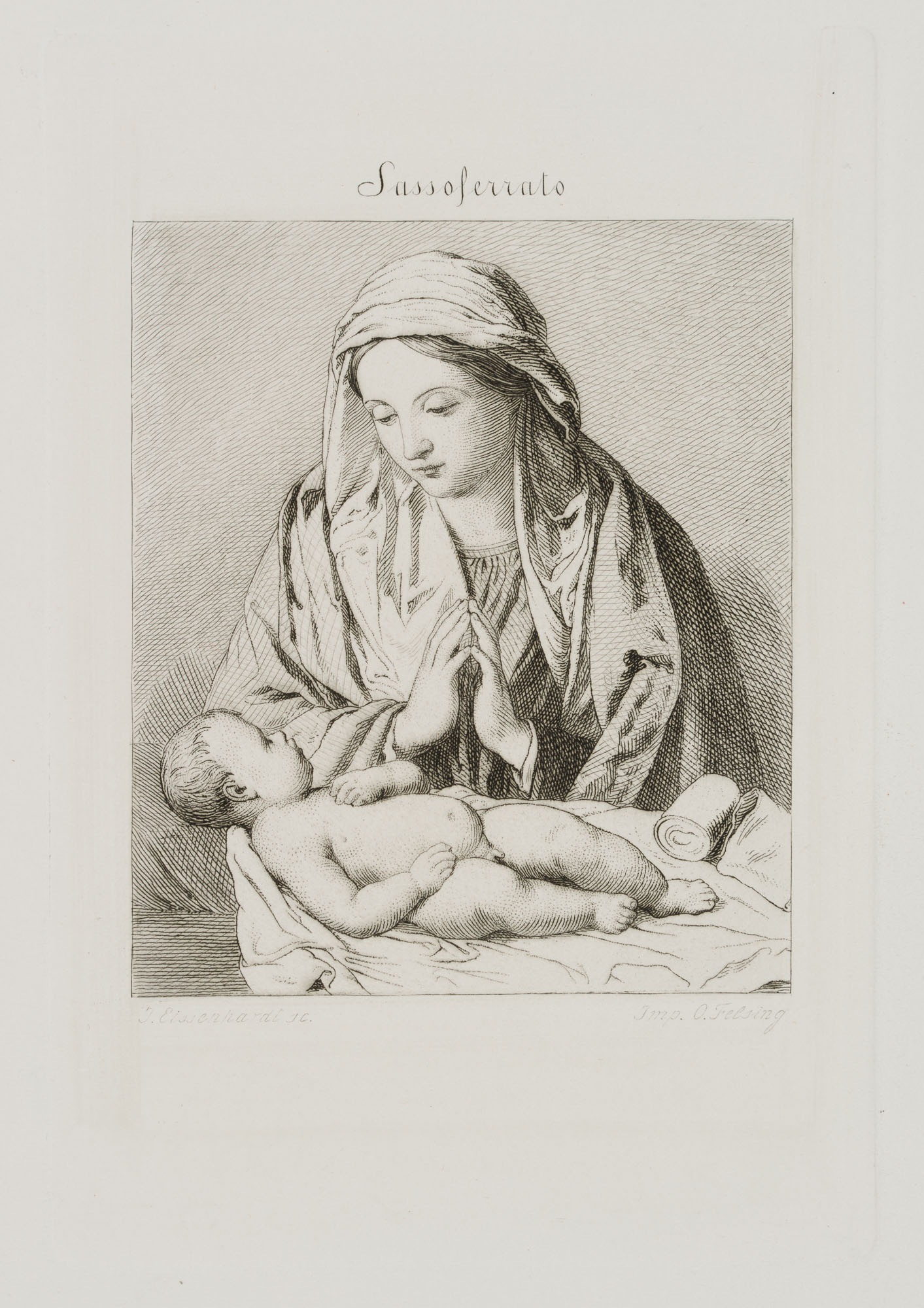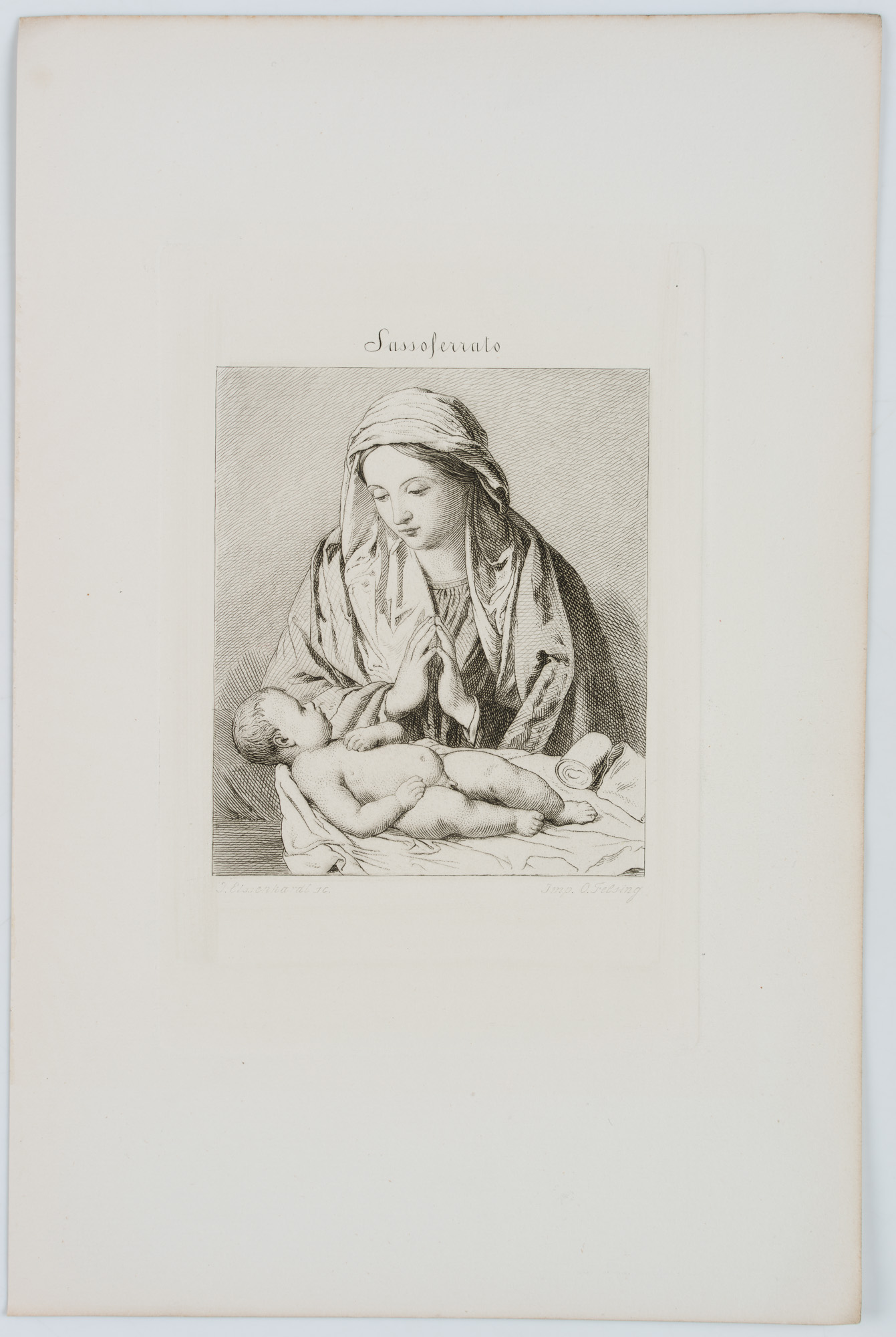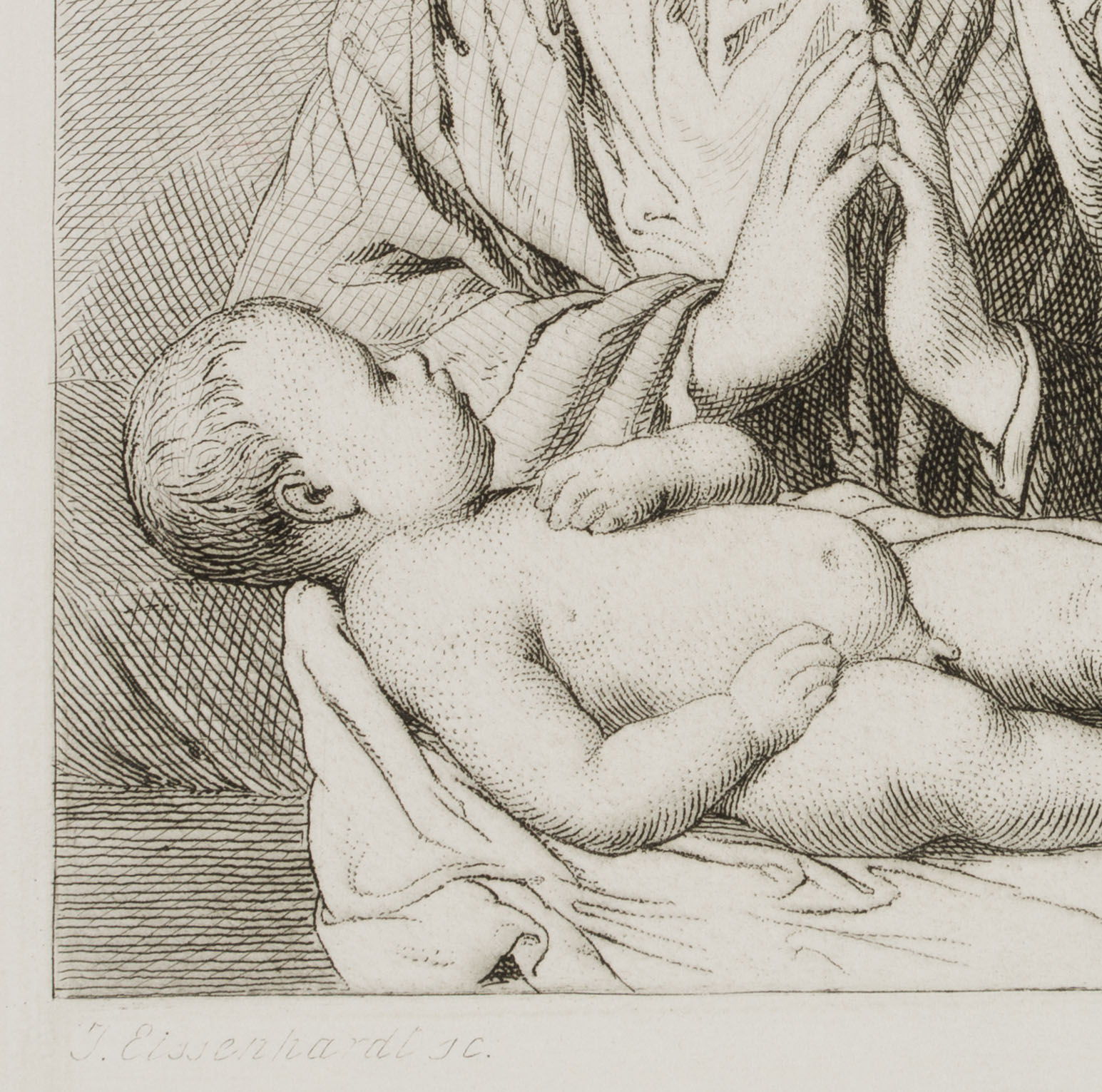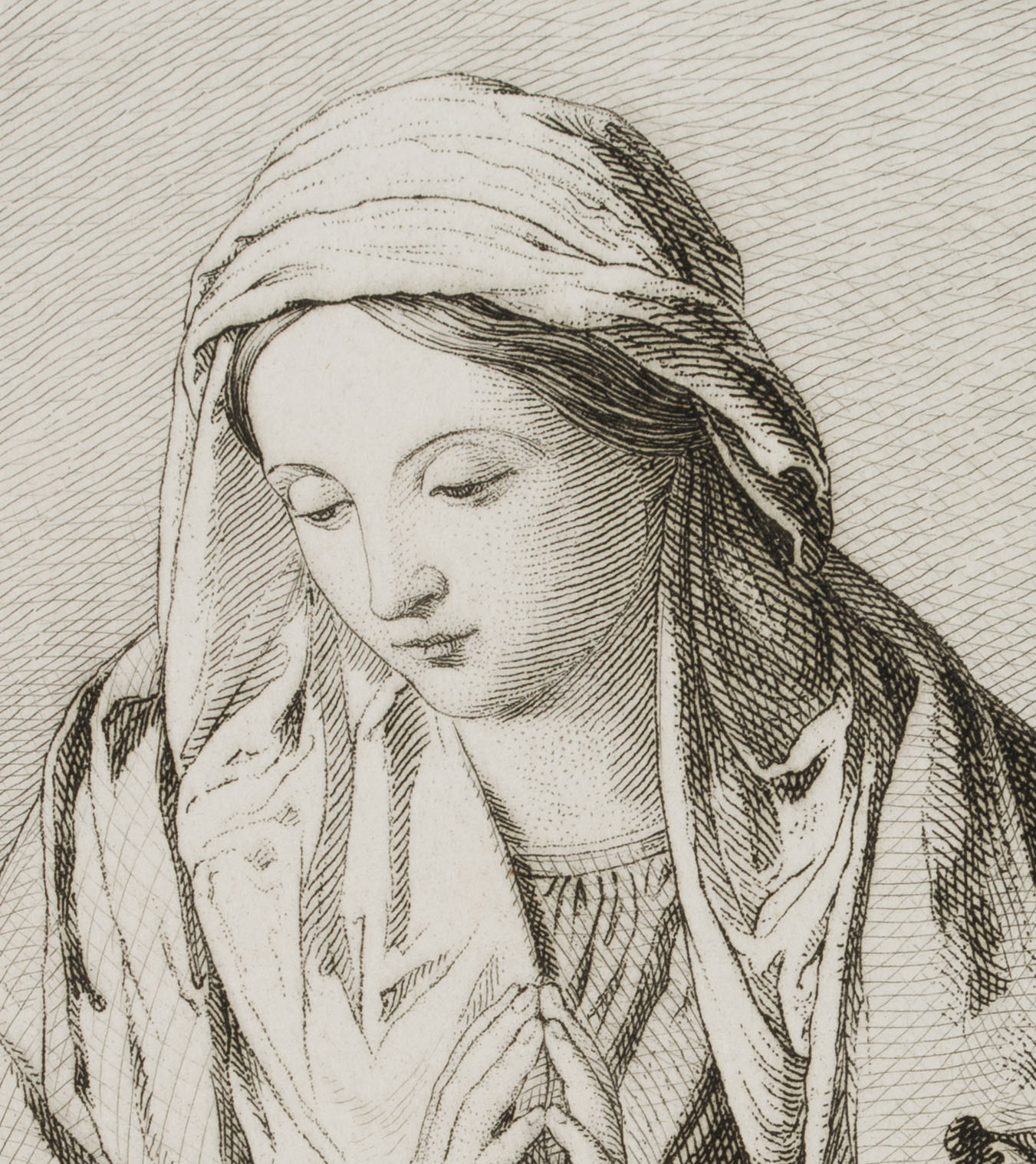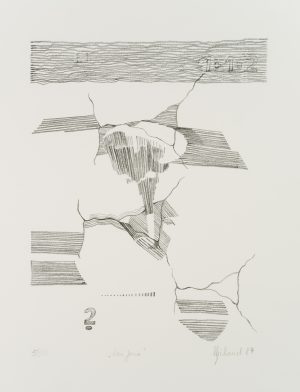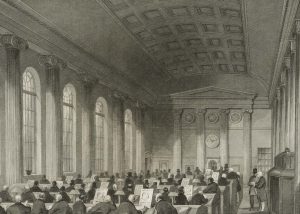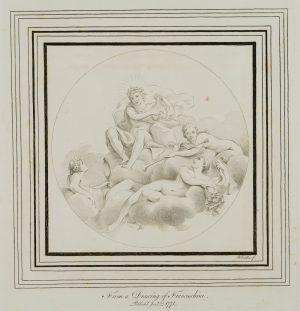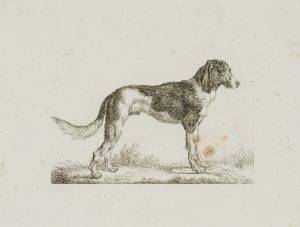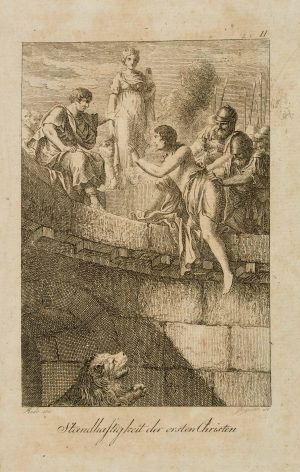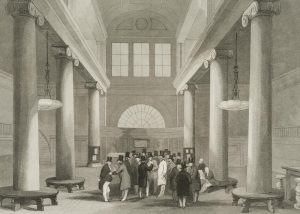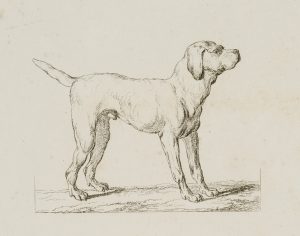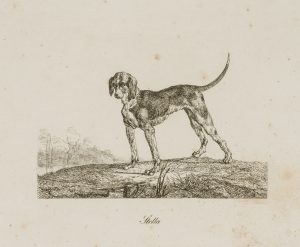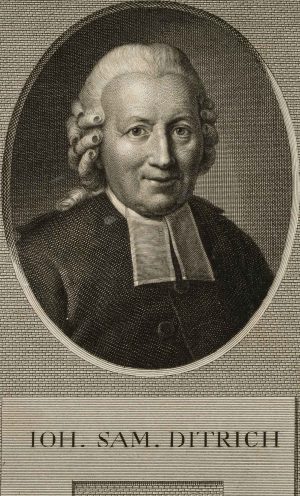Johannes Eissenhardt (1824 Frankfurt am Main – 1896 ebd.) nach Sassoferrato: Giovanni Battista Salvi (1609 Sassoferrato – 1609 Rom), Maria, das Kind anbetend, 19. Jahrhundert, Radierung
- Technik: Radierung auf Papier
- Datierung: 19. Jahrhundert
- Beschreibung: Gedruckt von Otto FELSING (1831 Darmstadt-1878 Berlin), nach dem Gemälde “Maria, das Kind anbetend” des Barockmalers Sassoferrato (Giovanni Battista Salvi), entstanden um das Jahr 1640-1660? Unter der Darstellung in der Druckplatte signiert “J. Eissenhardt sc. / Imp. O. Felsing”, oben bezeichnet “Sassoferrato”.
Johannes Eissenhardt war von 1839 bis 1846 Schüler des Städelschen Instituts unter E.E. Schaeffer; er gehörte zu dem Kreis um Jakob von STEINLE und Johann VEITH, wie seine frühen Arbeiten zeigen; Aufenthalte in Darmstadt und Russland (St. Petersburg), wo u.a. eine Reihe von Bildnisstichen entstanden, wie jenes der Zarin Maria Feodorowna 1873 oder der Königin Olga von Griechenland; seit 1873 hatte Eissenhardt sein Atelier im Städelschen Institut und war bis 1889 dort auch als Lehrer tätig; in den letzten Lebensjahren betätigte er sich auch als Maler; sein graphisches Oeuvre ist fast vollständig im Städelschen Institut vorhanden; sein Bildnis malte außer A. Göbel auch Hans Thoma. - Schlagworte: Religiös, Biblisches, Italien, Barock, 1800-1849
- Größe: 24,0 cm x 15,8 cm, Druckplatte: 15,0 cm x 10,0 cm, Darstellung: 9,5 cm x 8,0 cm
- Zustand: Guter Zustand. Die Darstellung ist frisch erhalten und macht einen tadellosen Eindruck. Das Blatt ist entlang der Blattkanten altersbedingt gebräunt.
English Version:
Johannes Eissenhardt (1824 Frankfurt on the Main – 1896 ibid.) after Sassoferrato: Giovanni Battista Salvi (1609 – 1609 ), Mary, adoring the child, 19th century, Etching
- Technique: Etching on Paper
- Date: 19th century
- Description: Printed by Otto FELSING (1831 Darmstadt-1878 Berlin), after the painting “Maria, adoring the Child” by the Baroque painter Sassoferrato (Giovanni Battista Salvi), created around 1640-1660? Signed below the depiction in the printing plate “J. Eissenhardt sc. / Imp. O. Felsing”, inscribed at the top “Sassoferrato”.
Johannes Eissenhardt was a pupil of the Städel Institute under E.E. Schaeffer from 1839 to 1846; he belonged to the circle around Jakob von STEINLE and Johann VEITH, as his early works show; stays in Darmstadt and Russia (St. Petersburg), where among other things Eissenhardt had his studio in the Städelsches Institut since 1873 and worked there as a teacher until 1889; in the last years of his life he also worked as a painter; his graphic oeuvre is almost complete in the Städelsches Institut; his portrait was painted by A. Göbel and Hans Thoma. - Keywords: 19th century, Baroque, Religious, Italy,
- Size: 24,0 cm x 15,8 cm (9,4 x 6,2 in), Plate: 15,0 cm x 10,0 cm (5,9 x 3,9 in), Depiction: 9,5 cm x 8,0 cm (3,7 x 3,1 in)
- Condition: Good condition. The image is freshly preserved and makes a perfect impression. The sheet is browned along the edges due to its age.

